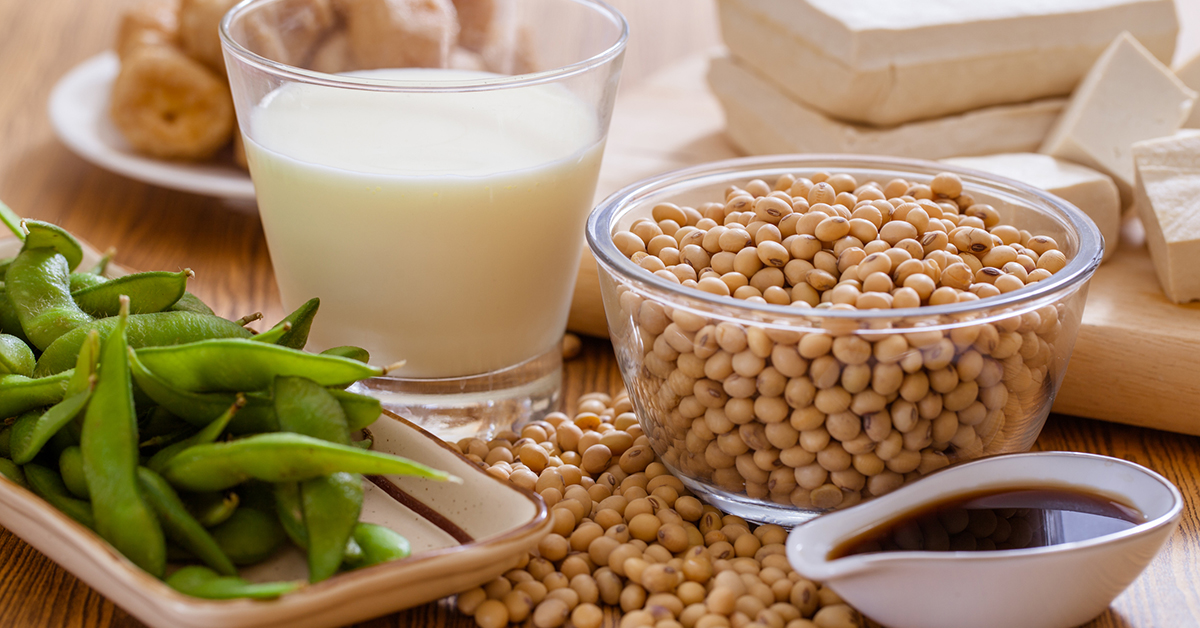
5 Common Questions About Nutrition During Cancer Treatment
-
A cancer diagnosis often makes people scrutinize their diets like never before and wonder if what they eat—or don’t eat—might affect how well their cancer is controlled. We sat down with Lauren Peters, RD, CSO, LDN, a registered Dietitian at Fox Chase Cancer Center and a Certified Specialist in Oncology Nutrition to get the answers to some of the most common questions she gets asked about how your diet might affect your ability to beat the disease.
Q: Do I need to avoid eating sugar?
A: No. It’s true that because cancer cells grow fast, the cells use more sugar for energy than normal cells. There’s no clear evidence to show that eating sugar will make your cancer worse, or that avoiding sugar will shrink a tumor or make cancer disappear.
While limiting added sugars from sweets and desserts is a wise choice, it’s important to continue including nutrient rich carbohydrates such as whole grains, fruit, and vegetables.
What’s more, “if you completely cut out carbohydrates, which break down to sugar, your body will begin to break down muscle and fat stores to release stored sugar for energy,” Peters said.
Q: Do I need to avoid soy foods if I have an estrogen-related cancer?
A: No. You may be concerned about soy’s safety because you’ve heard it contains phytoestrogens—or plant estrogens. “But phytoestrogens and the female hormone estrogen in your body are not the same thing,” Peters said. “So don’t let the word ‘estrogen’ confuse or worry you.”
Soy foods are a safe, healthy option even if you have a hormonally sensitive cancer that grows in response to estrogen, such as estrogen-receptor-positive breast cancer, uterine (endometrial) cancer, or ovarian cancer, Peters emphasized.
For women with breast cancer, some studies suggest that soy foods are more than safe—they may actually help prevent breast cancer from coming back.
Most of the research on soy’s safety is focused on foods, not supplements. So it’s best to enjoy up to two servings a day of whole soy foods, such as tofu, soy nuts, edamame, and soy milk.
Q: Should I go organic?
A: If you prefer to eat organic food, that’s fine—it’s a personal choice. “But keep in mind that organic and nonorganic food have the same nutritional content,” Peters said. There is no evidence that organic foods provide any more health benefits than conventionally grown foods. What is important, especially when you have cancer, is a food’s overall nutritional content—not whether it’s grown organically.
Q: Should I take a vitamin, mineral or herbal supplement?
A: Before taking any supplement, check with your oncologist, especially if you are undergoing cancer treatment. Some supplements can interfere with treatment. Be aware, too, that if your appetite is still good and your diet is well rounded, you are likely getting enough of the nutrients you need.
“Unless you’re deficient in a particular vitamin or mineral, taking a supplement will not have any positive impact on your health, as it is the synergy of your nutrients working together that improves your overall health,” Peters said.
If your diet is poor, your oncologist or a registered dietitian can help you determine what supplement is right for you and what dose you should take.
Q: Will a specialized diet benefit me during cancer treatment?
A: You may have heard that certain special diets—often, highly restrictive ones—can help treat cancer or keep it from coming back. “But there’s no good evidence that a restrictive diet or eating plan can keep cancer at bay,” Peters cautioned. “And some might actually be harmful.”
Your best bet is to stick to a well-balanced diet with lean proteins, low-fat dairy products, and plenty of fruits, vegetables and whole grains, Peters said. And always play it safe: Be sure to check in with your oncologist or registered dietitian before making any major changes in your diet.
At Fox Chase, our team of registered dietitians can answer any further questions you may have about good nutrition during your cancer treatment. To schedule an appointment with a dietitian, please call 215-728-2600.
